On June 25th, the inauguration ceremony of the Institute of Early-Stage Catalysis of Central China Normal University was held in the auditorium of the Students' Activity Center. Professor Benjamin List, winner of the 2021 Nobel Prize in Chemistry, senior officials from Hubei province and Wuhan Municipal Government and leaders of CCNU attended the ceremony.
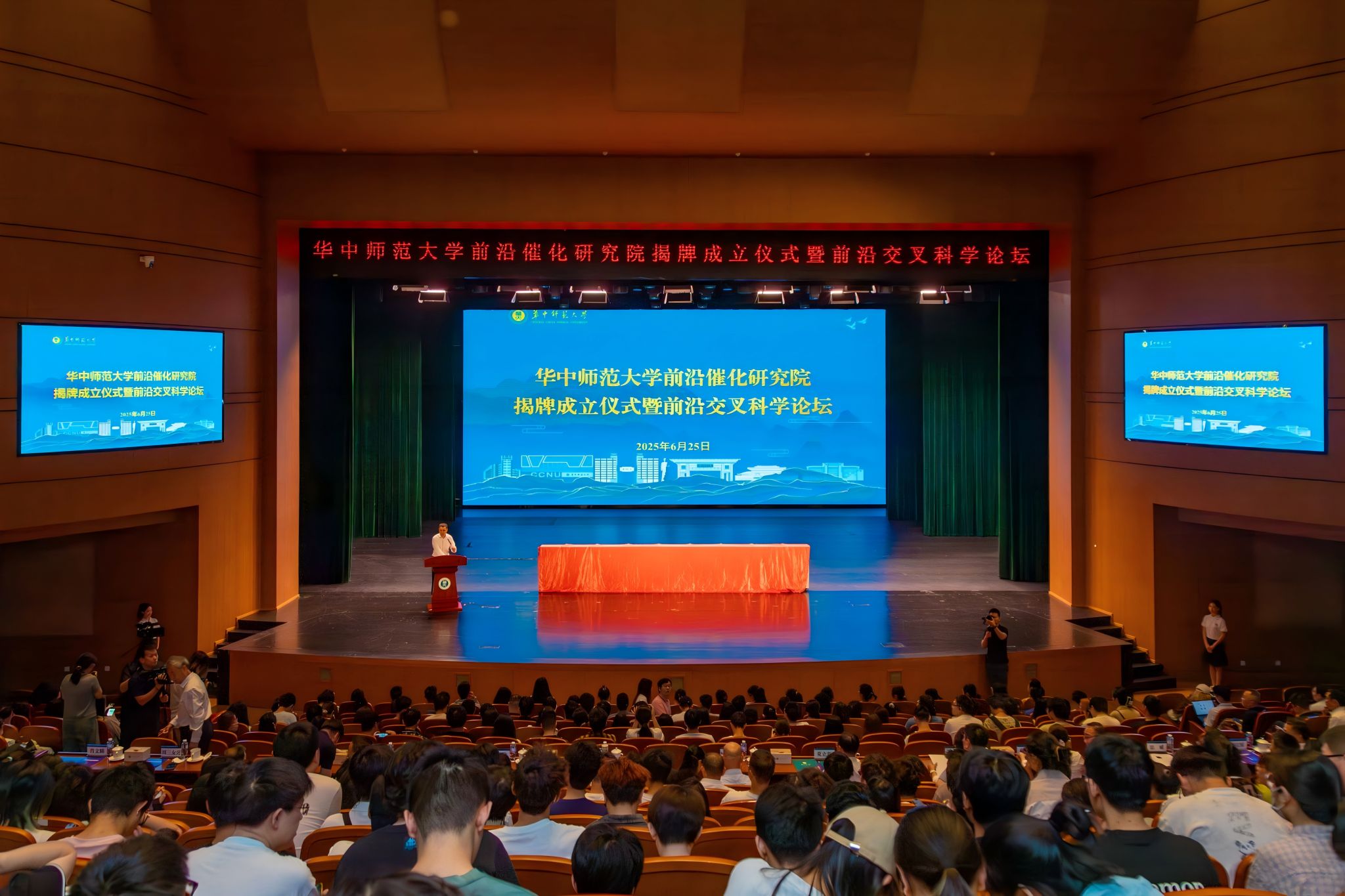
Secretary Xia Lixin expressed sincere gratitude to Professor Benjamin List, leaders from Hubei Province and Wuhan City, and people from all walks of life for their long-term support. He emphasized that 2025 is a crucial year for the university's high-quality development, with the core task of accelerating the adjustment of discipline and program layout based on the new campus. Focusing on cutting-edge fields and major application directions such as asymmetric catalysis, the Institute of Early-stage Catalysis will build high-level research teams and establish collaborative innovation platforms, striving to achieve landmark results in basic theoretical innovation and breakthroughs in key core technologies, and promoting the university's scientific research in related fields to reach an internationally leading level. Taking the establishment of the institute as an opportunity, the university will continue to give play to the talent agglomeration effect, promote in-depth interdisciplinary integration and contribute more wisdom and strength to advancing the university's independent innovation.
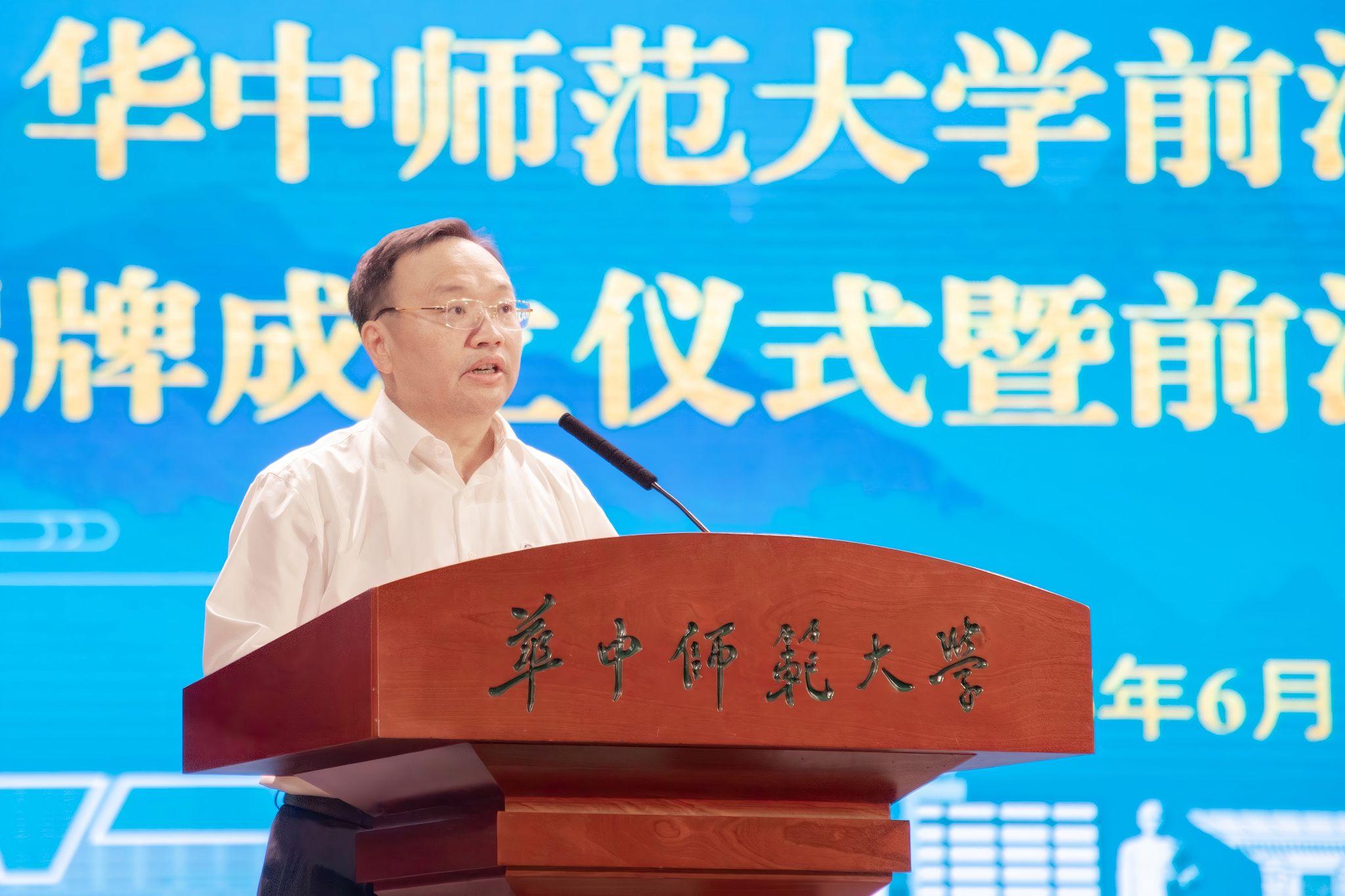
Professor Benjamin List recalled his experiences with outstanding Chinese chemical researchers and the story behind the establishment of the Institute. He also encouraged the teachers and students present to embrace passion and enthusiasm, and persist in striving and working hard.
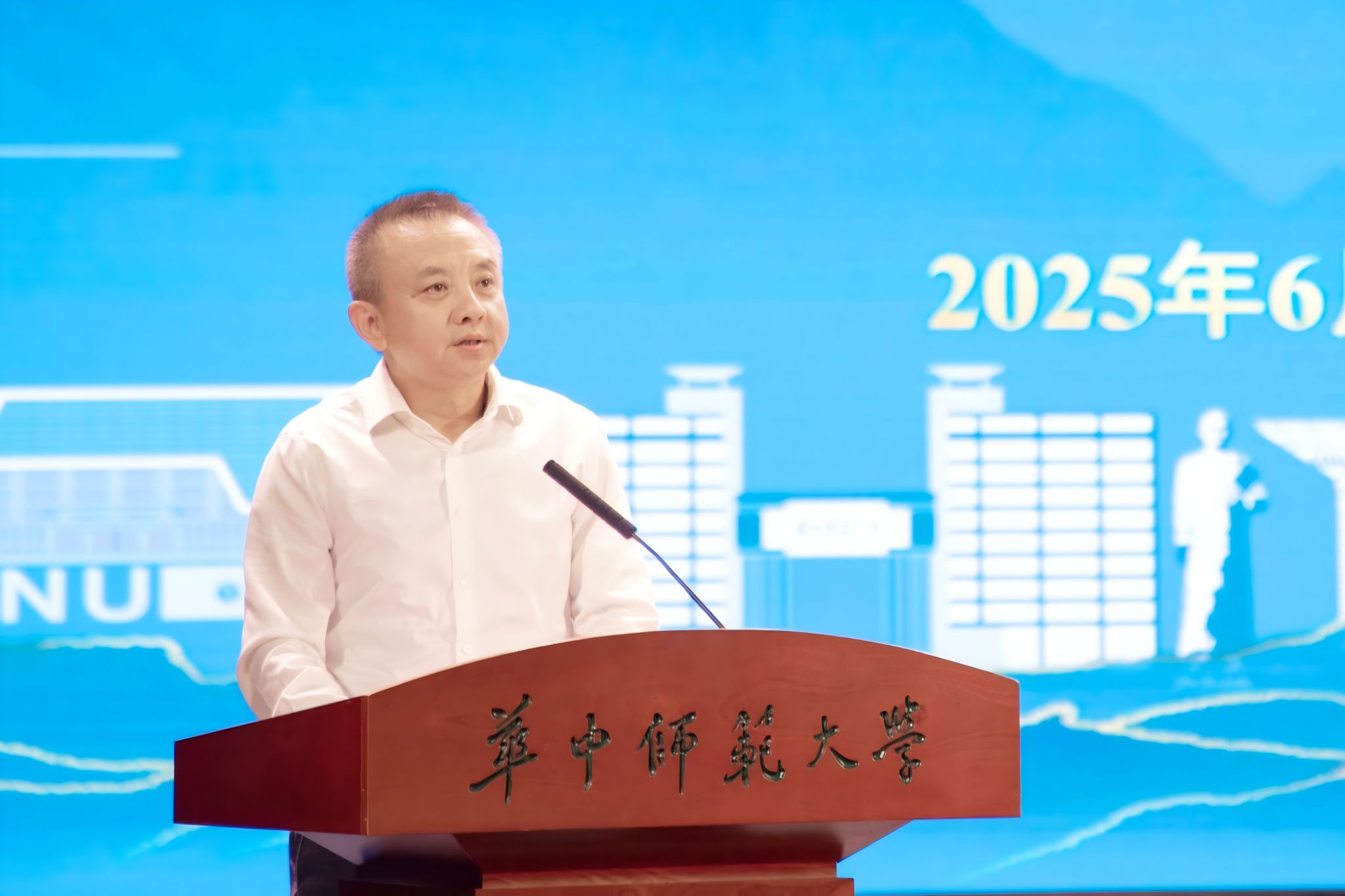
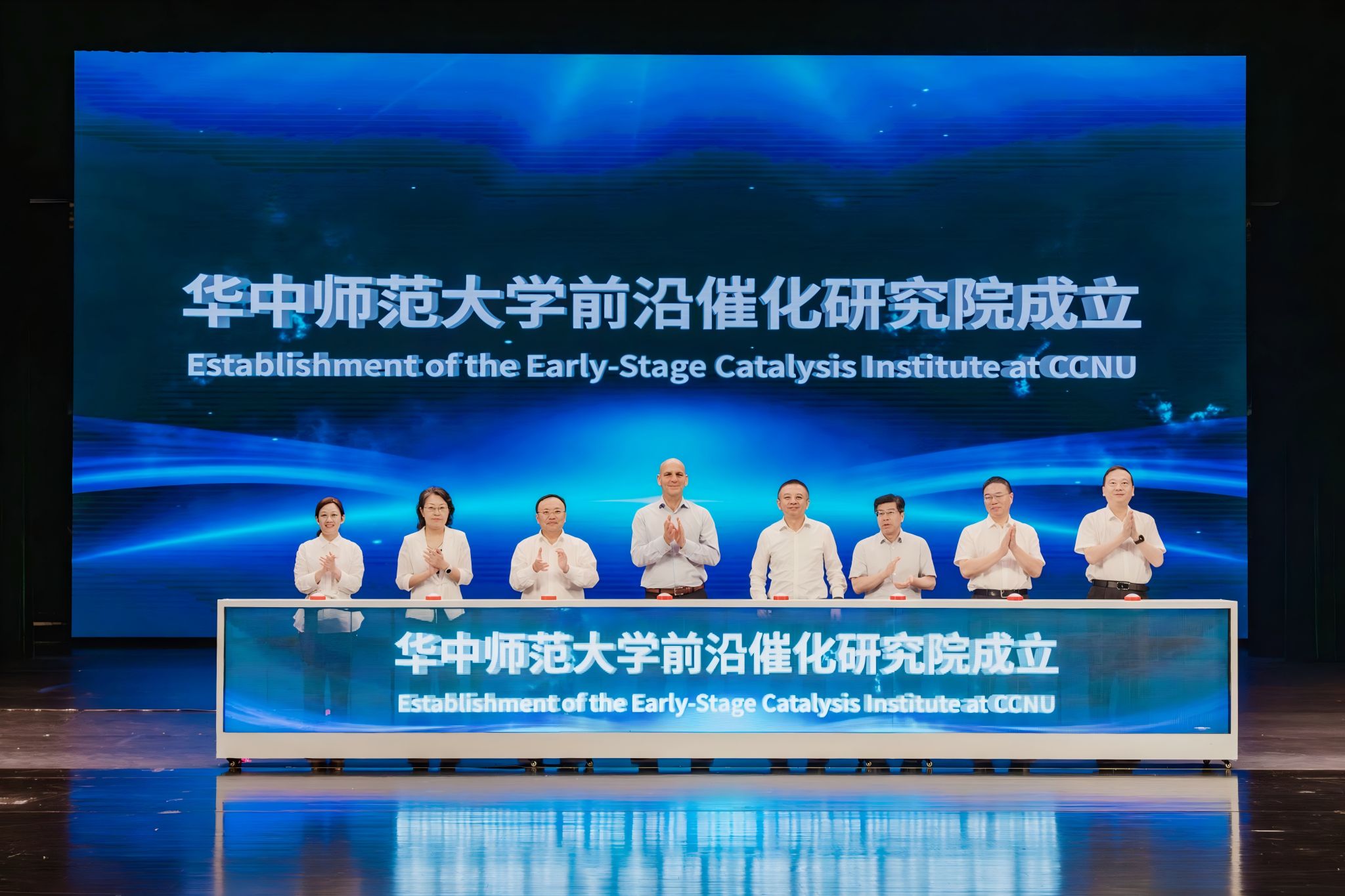
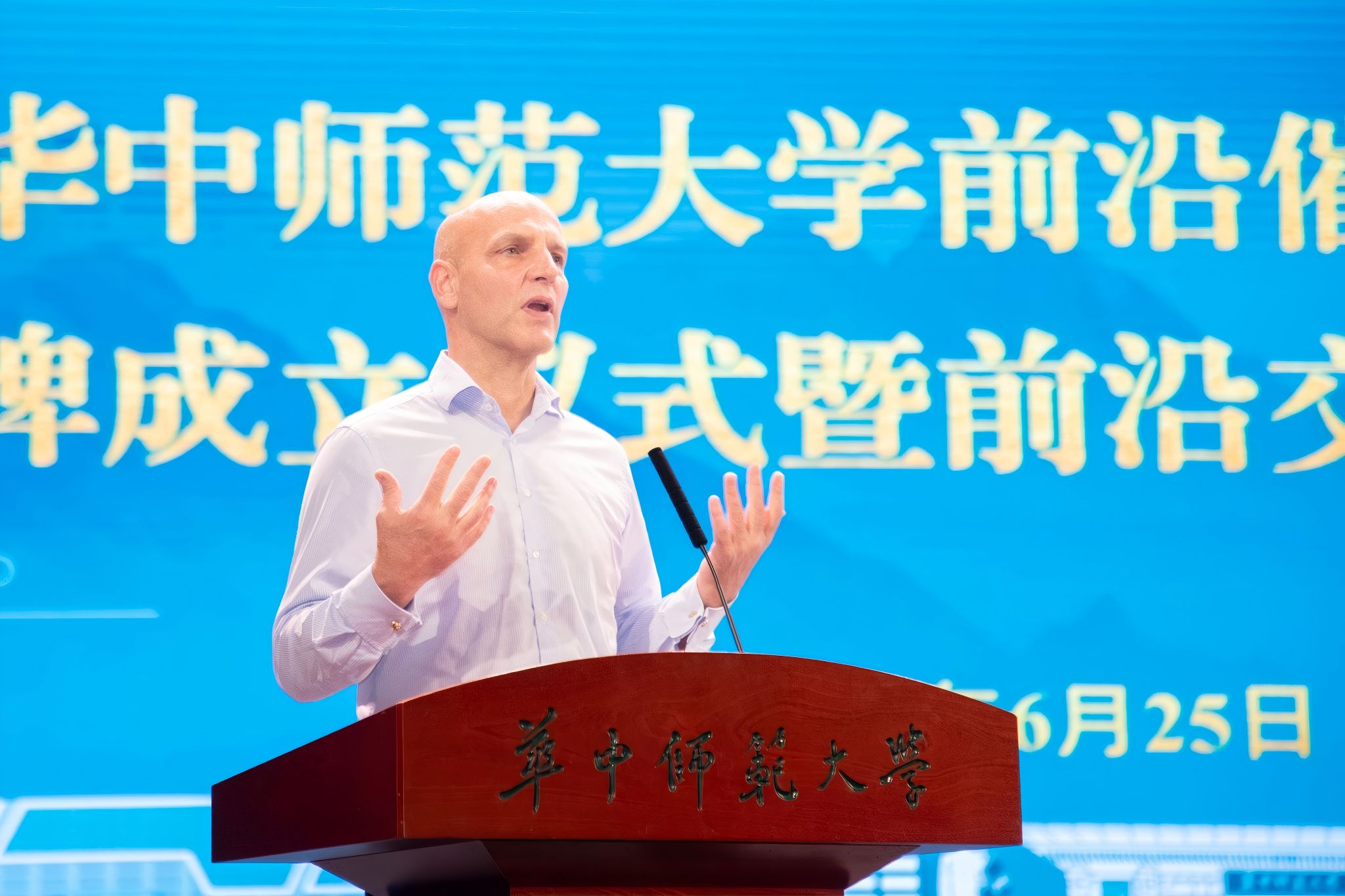
The establishment of the Institute is a crucial milestone for the university in deepening the reform of scientific research systems and mechanisms, optimizing discipline layout, and enhancing original innovation capabilities. It will greatly boost the university's international competitiveness and influence in the field of basic sciences. Taking the advancement of building a powerful education nation and the construction of the Panlongcheng New Campus as opportunities, the university will focus on the frontiers of global science and technology, address the major development needs of the country and the region to advance scientific research and innovation, and build a world-class scientific research hub through interdisciplinary collaborative innovation.




